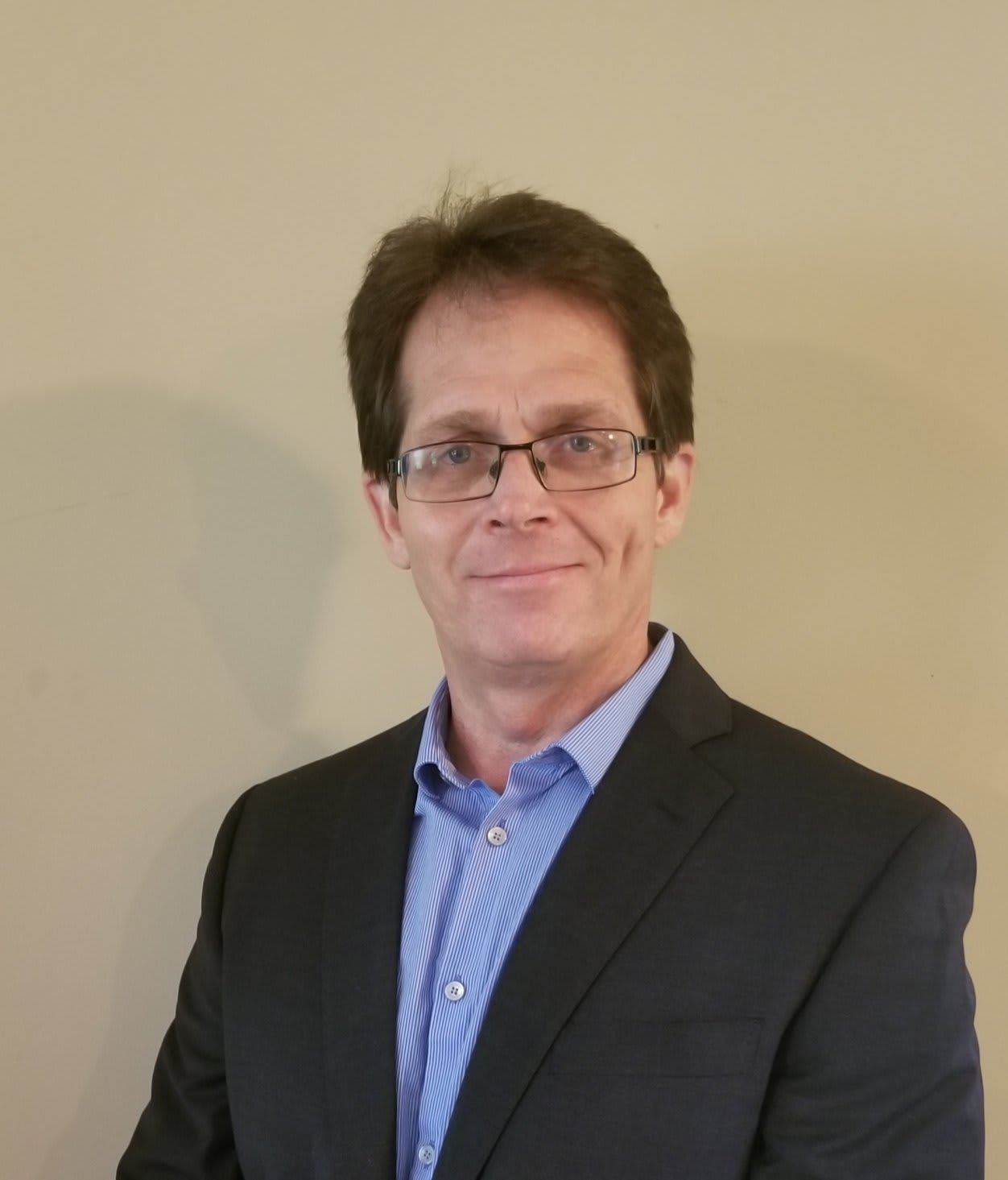TAKE ONE: Wisconsin takes part of SuperVillain
If you haven’t heard the story of Wisconsin player Xavier Lucas, here’s a brief summary: Lucas wants to transfer to Miami, but the Badgers have refused to enter him into the transfer portal. Their justification is that he signed a binding two-year NIL revenue-sharing agreement, and they suspect Miami tampered with his decision.
Although there may have been some degree of tampering, the reality is that Lucas’s father is facing a serious health issue, and Lucas wants to be closer to him. Regardless of how the courts ultimately rule—and this dispute seems destined for legal action—Wisconsin risks looking petty for preventing a player from moving closer to his ailing father.
Yet there is a broader significance here: the Badgers are “taking a bullet” that could clarify the enforceability of NIL revenue-sharing contracts for all of college football. Depending on the court’s decision, these contracts might be validated—offering schools a new level of control over roster management—or they could be invalidated, sparking another shift in how players are compensated.
A key complicating factor is that the House settlement which underpins these revenue-sharing contracts has not yet received final approval. While many observers believe this approval is a formality, Lucas’s attorney will likely argue that the Memorandum of Understanding cannot bind Lucas if it remains conditional.
Ultimately, if a judge signs off on the House settlement, the revenue-sharing contracts may be deemed enforceable. Even so, public opinion beyond Madison is unlikely to favor the Badgers. By pursuing legal clarity, Wisconsin is risking its reputation—an outcome the rest of college football could quietly applaud, since it might bring much-needed structure to the NIL landscape.
Another twist is the NCAA’s statement that “NCAA rules do not prevent a student-athlete from unenrolling from an institution, enrolling at a new institution, and competing immediately.” Should these revenue-sharing contracts stand, the transfer portal could resemble the more restrictive system seen before courts granted players freer movement.
Previously, the courts ruled against the NCAA because it was a third-party restricting players’ movement and compensation. However, if athletes sign contracts binding them to a university—with compensation that effectively makes them employees—schools could regain some contractual authority in exchange for that payment.
There is still a long way to go in this case, and further surprises are likely. In the meantime, Wisconsin will continue to play the “supervillain,” hoping that its stance brings clarity and stability to roster management—even if it comes at a cost to its public image.
TAKE TWO: Big weekend ahead
I’ve already shared some thoughts on the huge recruiting weekend Oregon has coming up but let me just say it again: this is going to be a really big deal for the Ducks. With close to two dozen elite prospects from the 2026 and 2027 classes heading to Eugene, the coaches have a golden opportunity to lay the groundwork early for these young superstars. And if you’re like me, you know how crucial these visits can be—one great experience on campus can sometimes seal the deal down the road.
Now, I mentioned in a previous article that Oregon offensive lineman Ziyare Addison—who’s already signed—would be recruiting pretty hard to bring defensive lineman Deuce Geralds on board. If you caught the Polynesian Bowl last Friday, you saw firsthand why everyone’s excited about Geralds. The guy was an absolute force and showed off a skill set that would fit beautifully in Oregon’s defense. Beyond his talent, I’ve had multiple conversations with Geralds, and every time, he’s been genuine about his interest in Oregon. It doesn’t come across like it’s about NIL money—he honestly seems intrigued by what the Ducks have to offer.
It’s also telling that Addison, who’s already enrolled and practicing at Oregon, has taken a personal interest in recruiting Geralds. We often see how player-to-player relationships can be just as important—if not more so—than the coach-to-player pitch. Addison can vouch for the culture at Oregon from a player’s perspective: the transparency, the focus on family, and the constant push to improve. When a fellow recruit tells you he loves the vibe, that can hit differently than a sales pitch from a coach. It’s that peer-to-peer connection that sometimes makes all the difference.
Of course, Geralds is a huge target. He’d strengthen the defensive line and bring more versatility to a position group that’s already shaping up nicely. But even so, this upcoming weekend is about way more than just one name. The Ducks are hosting a ton of top-tier prospects, and each visit is a chance to showcase everything Oregon has to offer—academic support, top-notch facilities, and a real path to meaningful playing time. Combine that with the electricity of Autzen Stadium and Eugene’s supportive fanbase, and it’s no surprise Oregon is drawing so much attention nationally.
So, while there’s a lot of buzz around Geralds—and for good reason—keep in mind that there will be plenty of other studs on campus who could end up being difference-makers. These visits can have a ripple effect, especially if a few prospects start building friendships and encouraging each other to commit. Bottom line: this weekend is a major moment for Oregon’s future, and if things go well, we might look back and point to this group of visitors as a key turning point for the Ducks’ next wave of talent.
